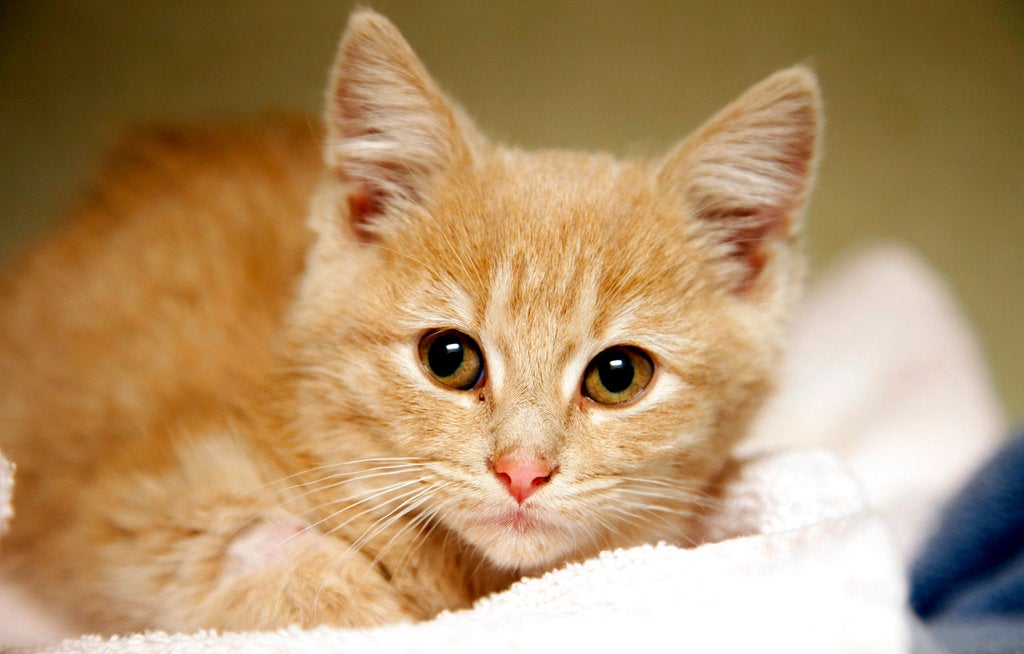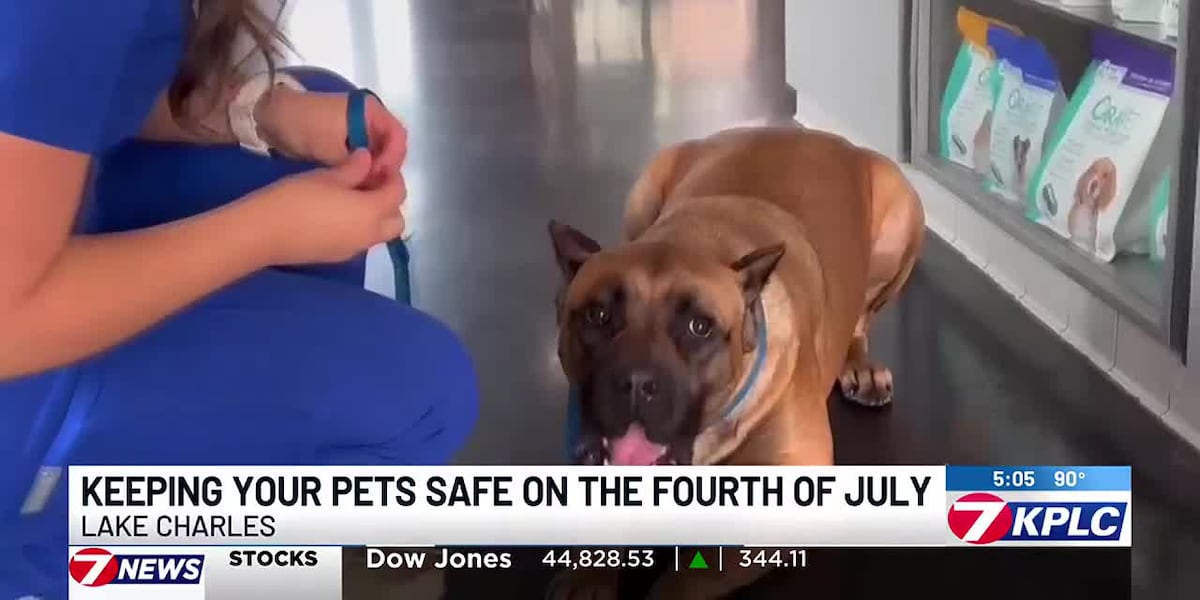From Philly and the Pa. suburbs to South Jersey and Delaware, what would you like WHYY News to cover? Let us know!
While avian flu, commonly known as bird flu, continues to spread among animals in our region, some cat owners are worried their pets are at risk of the viral disease.
Dr. Stephen Cole, director of the Clinical Infectious Disease Laboratory at the Veterinary Hospital at the University of Pennsylvania, says that while the number of documented reports of cats with avian flu have been low so far, the disease is “fairly fatal for cats, so certainly it is a big risk if they contract it.”
Respiratory signs like sneezing, coughing and a runny nose are some symptoms you may see in a cat with avian flu. Cole has also found some cats present with “unique neurological symptoms, such as tremors, not being able to walk correctly and abnormal neurologic responses to stimulus.”
Cole explained that cats can be exposed to avian flu through contact with infected birds or backyard poultry. He says another way cats can potentially be exposed is through eating raw pet foods that have been contaminated with the virus.





